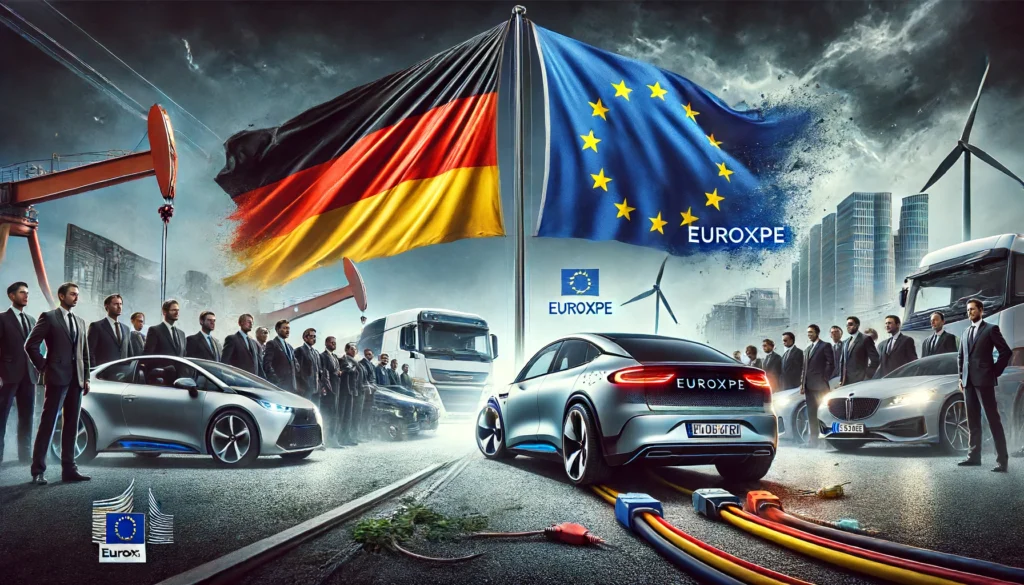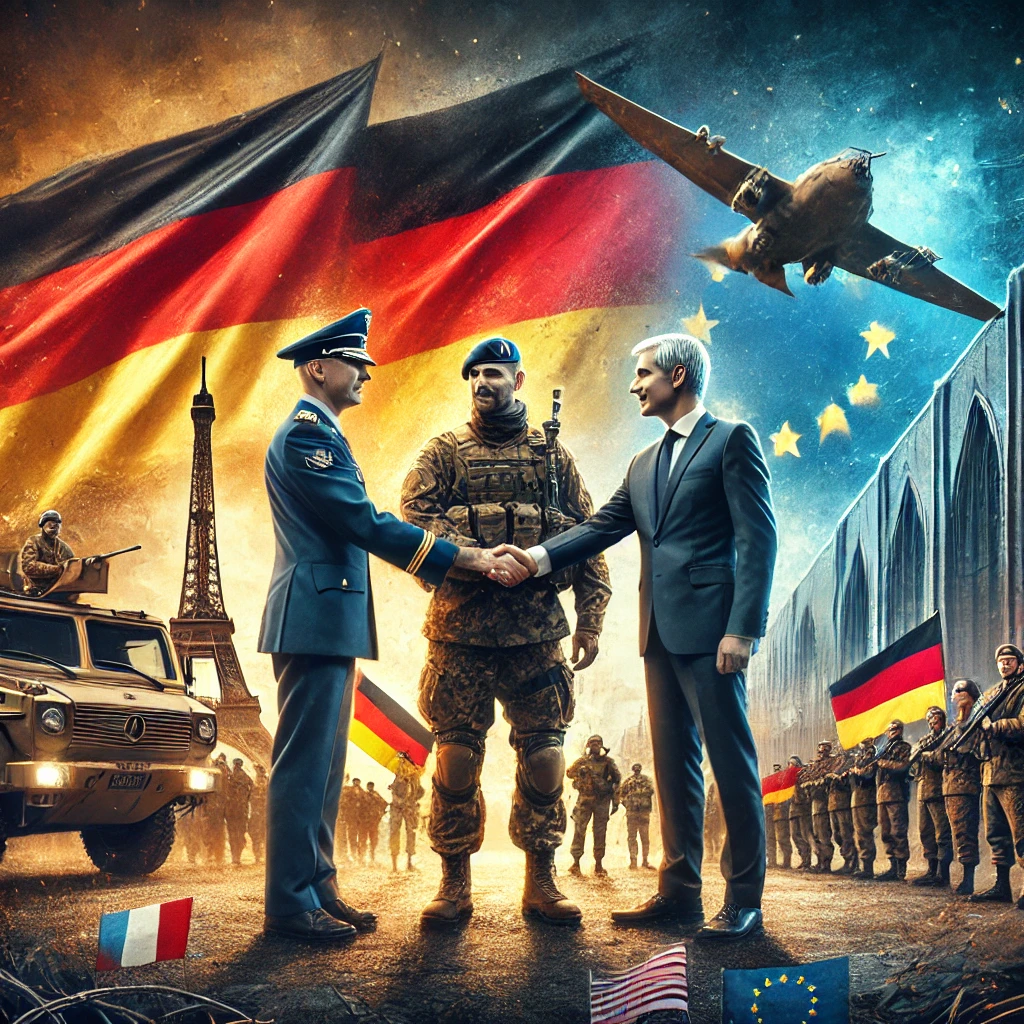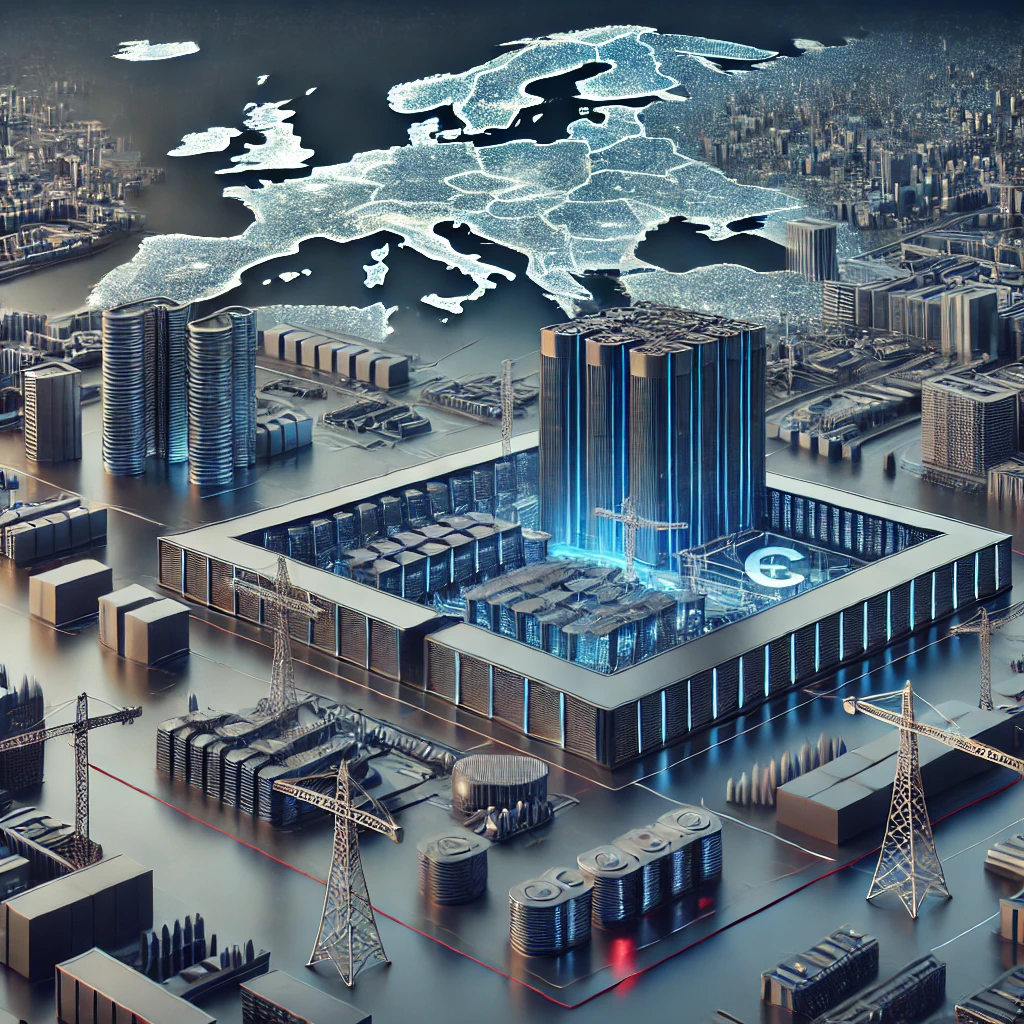On June 12, the European Commission determined that the burgeoning Chinese electric vehicle (EV) industry benefits from unfair government subsidies, posing a threat to European automakers. In response, starting July 4, Chinese EVs imported into the EU will face additional tariffs of up to 38.1% on top of the existing 10% import duty. These tariffs aim to protect Europe’s automotive industry, particularly Germany’s, from the unfair competition posed by Chinese manufacturers.
However, a recent report indicates that German officials are actively seeking to prevent or mitigate the impact of these new tariffs. This effort underscores the tension between Germany’s national interests and broader EU policies concerning Chinese EVs.
German Government’s Efforts to Mitigate Tariff Impacts
On June 14, sources revealed to Bloomberg that the German government, led by Chancellor Olaf Scholz, is working to prevent the new EU tariffs from taking effect or at least reduce their impact. Officials remain hopeful about finding a solution through direct negotiations with Chinese counterparts.
Before the EU Commission’s June 12 announcement, German officials advocated for continued negotiations with China to avoid the imposition of tariffs. Deputy German government spokesman Wolfgang Büchner emphasized the importance of reaching an amicable solution, noting, “We still have a bit of time until July 4. It would be very desirable if we could come to an amicable solution.”
To address the issue directly, German Economy Minister Robert Habeck plans to visit China the week of June 17 to discuss the tariffs with Beijing officials. Following the EU Commission’s decision, Habeck stated that tariffs should be a last resort and encouraged immediate dialogue with China to find a resolution.
Impact on German Automakers
The new tariffs pose significant challenges for German automakers such as Mercedes-Benz, BMW, and Volkswagen, which generate a substantial portion of their sales in China. These companies also have joint ventures with Chinese carmakers, producing vehicles locally under their respective brands.
One notable example is the Mini Cooper SE, an electric version of the Mini Cooper city car produced through a joint venture between BMW and Chinese automaker Great Wall Motor. The Mini Cooper SE, manufactured in China and exported to the EU, will be subject to the 38.1% tariff if no deal is reached by July 4. This situation highlights the direct impact of the new tariffs on German automakers and their international operations.
Calls for Lower Tariffs
In a March 2024 interview, Mercedes-Benz CEO Ola Källenius suggested that the EU Commission should lower tariffs on Chinese-made EVs to foster competition between European and Chinese automakers. “Don’t raise tariffs,” Källenius proposed. “I’m a contrarian; I think to go the other way around: take the tariffs that we have and reduce them… that is the market economy. Let competition play out.”
This perspective underscores the ongoing debate within the European automotive industry about the best approach to address the challenges posed by the Chinese EV market.
Chinese Response to EU Tariffs
On June 13, the Chinese government responded to the EU’s decision through the CCP-backed newspaper Global Times. Chinese Foreign Ministry spokesperson Lin Jian urged the European Commission to “listen to the rational voices from all sides and immediately correct its wrong practice.” Lin emphasized China’s commitment to WTO rules and market principles, asserting that China would protect the legitimate rights and interests of its EV industry.
The Global Times also reported that Chinese companies plan to file an application with their Ministry of Commerce for an “anti-dumping probe into certain EU pork and dairy products” as a retaliatory measure. This move signals the potential for an escalating trade conflict between the EU and China, with significant implications for various industries.






